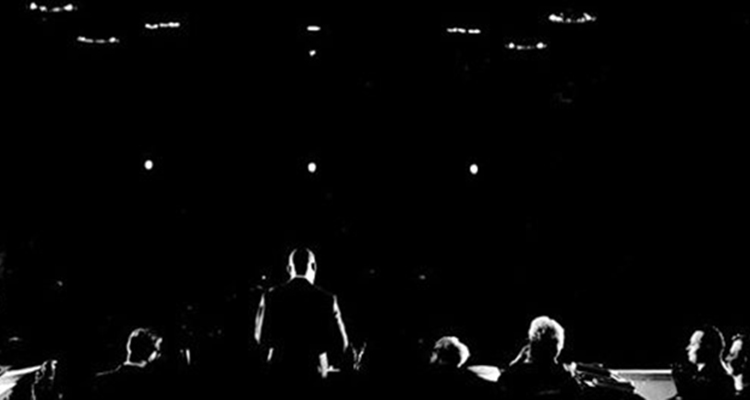On the evening of April 4, 1967, civil rights leader Dr. Martin Luther King lent his full-throated oratory to a growing chorus of opposition to the rapidly expanding American role in the Vietnam War. King’s sharp rebuke of U.S. policy and call to protest brought him into direct conflict with President Lyndon B. Johnson, who was an ally of King’s in the struggle for equal rights for African Americans.
From the pulpit of New York’s Riverside Church, King eloquently speaks of breaking “the betrayal of my own silences” and goes on to reveal the “seven major reasons for bringing Vietnam into the field of my moral vision.”
With this pivotal address, the 1964 Nobel Peace Prize winner sought to bridge the movement for civil rights and justice to the antiwar movements: “I cannot forget that the Nobel Prize for Peace was also a commission—a commission to work harder than I had ever worked before for ‘the brotherhood of man.’”
One year later, April 4, 1968, King was assassinated in Memphis.





